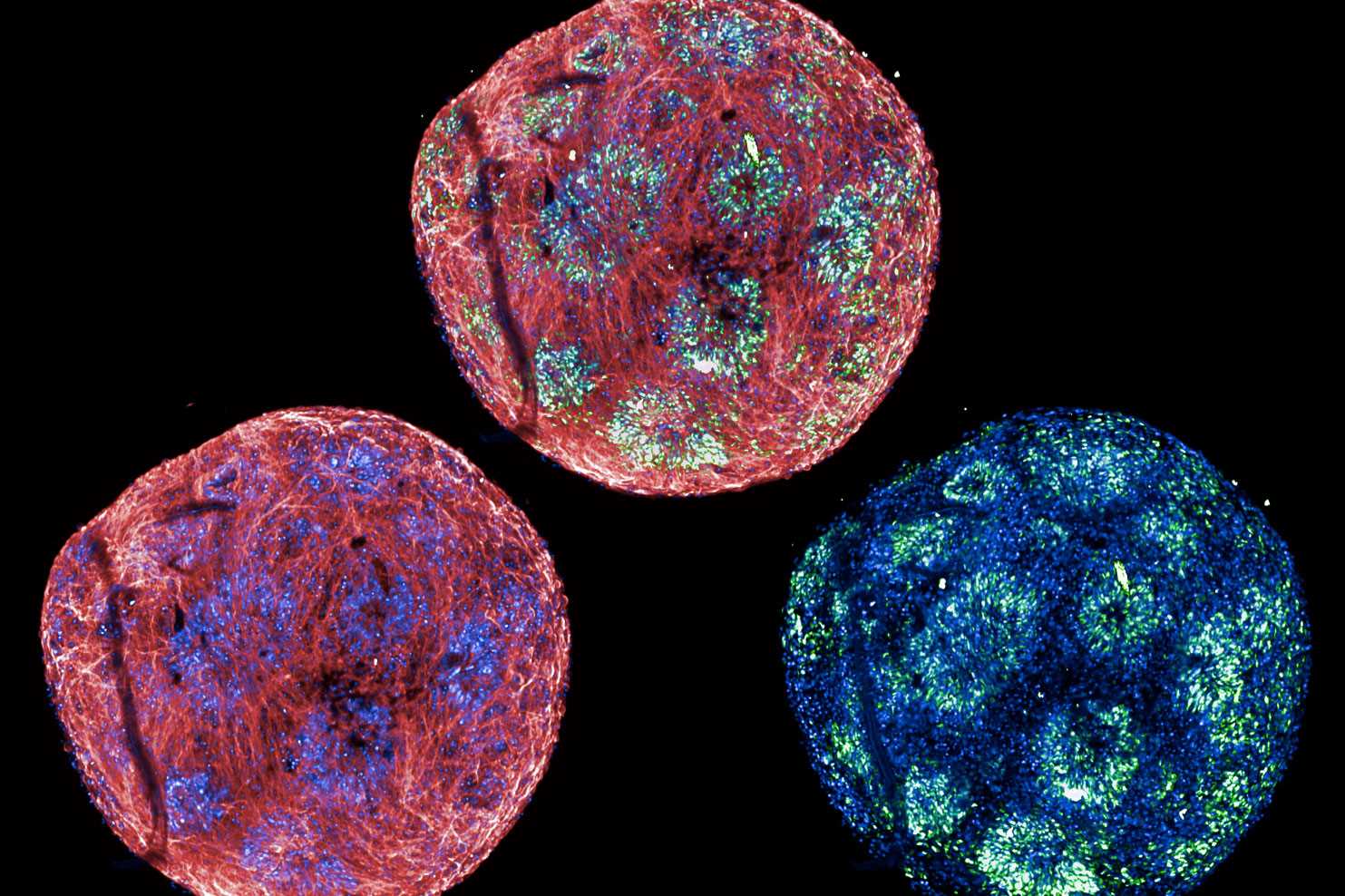
At Nuvisan, we are dedicated to upholding the highest standards of animal welfare in all our drug research and development services. As a CRO, we recognise the crucial role animal models play in medical advancements and our ethical responsibility to ensure the humane treatment of all animals involved in research and development.
Nuvisan conducts animal experiments responsibly and handles laboratory animals with care. We adhere to all relevant national and international regulations, such as the European Directive 2010/63, ETS 123 and the German Animal Welfare Act. Our procedures and facilities are regularly inspected by authorities, including the veterinary office, to ensure compliance with legal and ethical standards.
Our commitment to animal welfare is further underscored by our maintenance of full AAALAC accreditation at all Nuvisan sites working with animals, which helps us adhere to the highest standards of care. Additionally, the Nuvisan animal welfare body and our animal welfare officers oversee all research to help ensure minimal animal use and humane treatment, in line with the latest ethical practices and regulations.
We strive to minimise animal use through alternative methods whenever possible. While animal experiments are currently indispensable for developing new drug candidates and ensuring their safety and efficacy before clinical trials, we aim to replace, reduce and refine animal testing as much as possible by using alternative in vitro systems and computational models. When animal models are unavoidable, we use the minimum number of animals necessary to achieve scientifically valid results. Our procedures are continually reviewed and updated to reflect advancements in minimisation of animal use.
Our commitment to animal welfare is an integral part of our mission to support the development of safe and effective treatments for public health. Nuvisan is dedicated to the continuous improvement of testing and husbandry conditions in the interests of animal welfare.